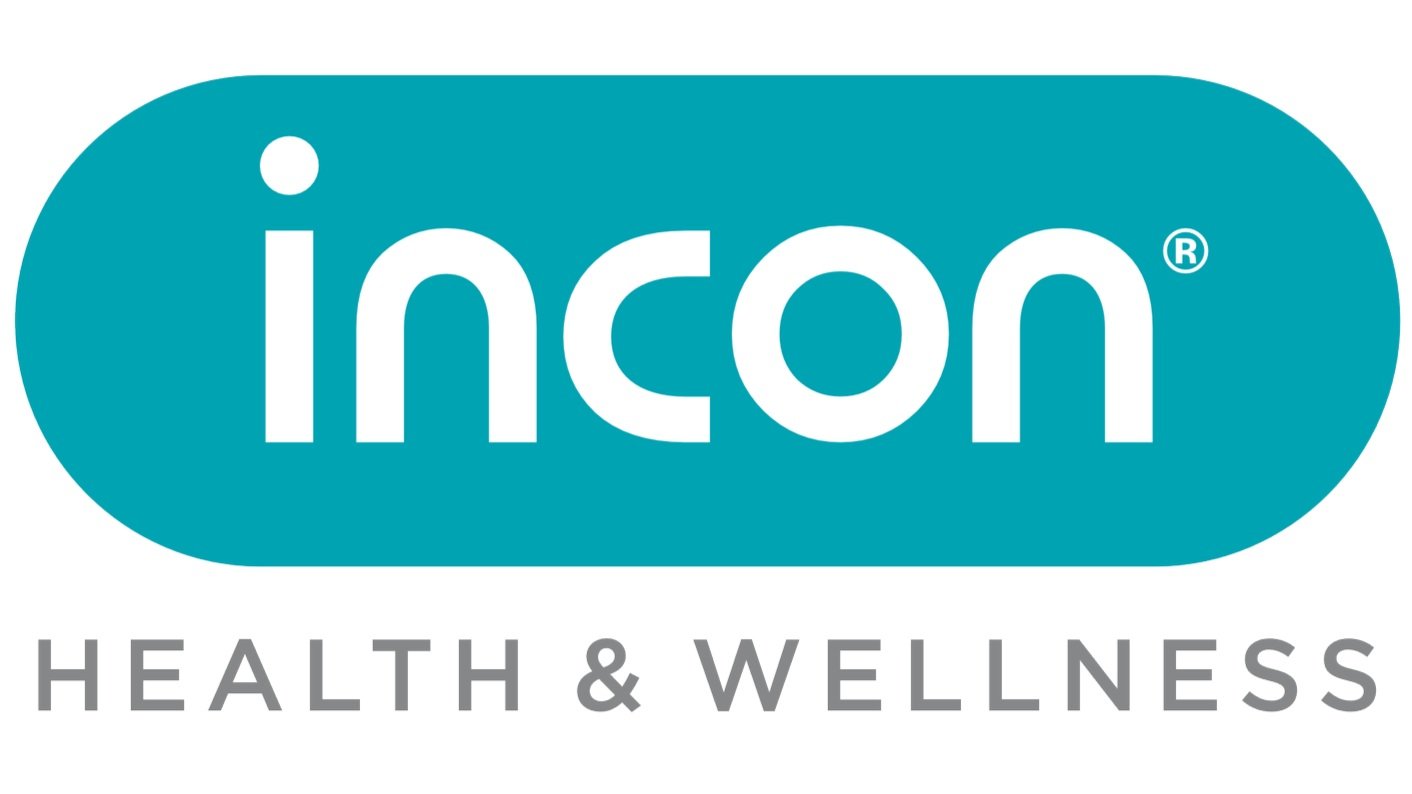Wellness Ripple Effect
In the realm of business, actions and decisions act much like stones cast into a pond, creating ripples that extend far beyond their initial impact. This ripple effect, particularly relevant in the context of occupational health, highlights how decisions in the workplace influence employee well-being, organisational culture, and broader industry standards.
Immediate Impact on Workplace Health
Decisions regarding workplace practices and policies have direct implications for employee health and safety. For instance, investing in ergonomic equipment and comprehensive health programmes not only enhances immediate employee well-being but sets the stage for a healthier, more productive workforce.
Organisational and Industry-Wide Influence
The ripples of workplace health initiatives extend beyond individual well-being, shaping organisational culture and industry norms. Prioritising mental health support and work-life balance, for example, can lead to increased employee engagement and retention, setting a benchmark for industry practices and elevating the standard for workplace well-being.
Long-Term Implications
The long-term ripples of occupational health decisions can fundamentally transform business landscapes. Companies leading with health and safety initiatives often see reduced absenteeism and lower healthcare costs, contributing to a sustainable business model that values the holistic well-being of its workforce.
Mitigating Negative Ripples
Understanding the ripple effect allows leaders to proactively address potential negative consequences of workplace decisions. By fostering an environment of open communication and continuous improvement, businesses can quickly adapt and refine health and safety practices to better serve their teams and communities.
Conclusion
The ripple effect in business, especially through the lens of occupational health, underscores the profound impact of workplace decisions on employee well-being, organisational culture, and industry standards. By making informed, health-centric decisions, leaders can create positive ripples that not only benefit their employees but also contribute to a healthier, more resilient business ecosystem.

